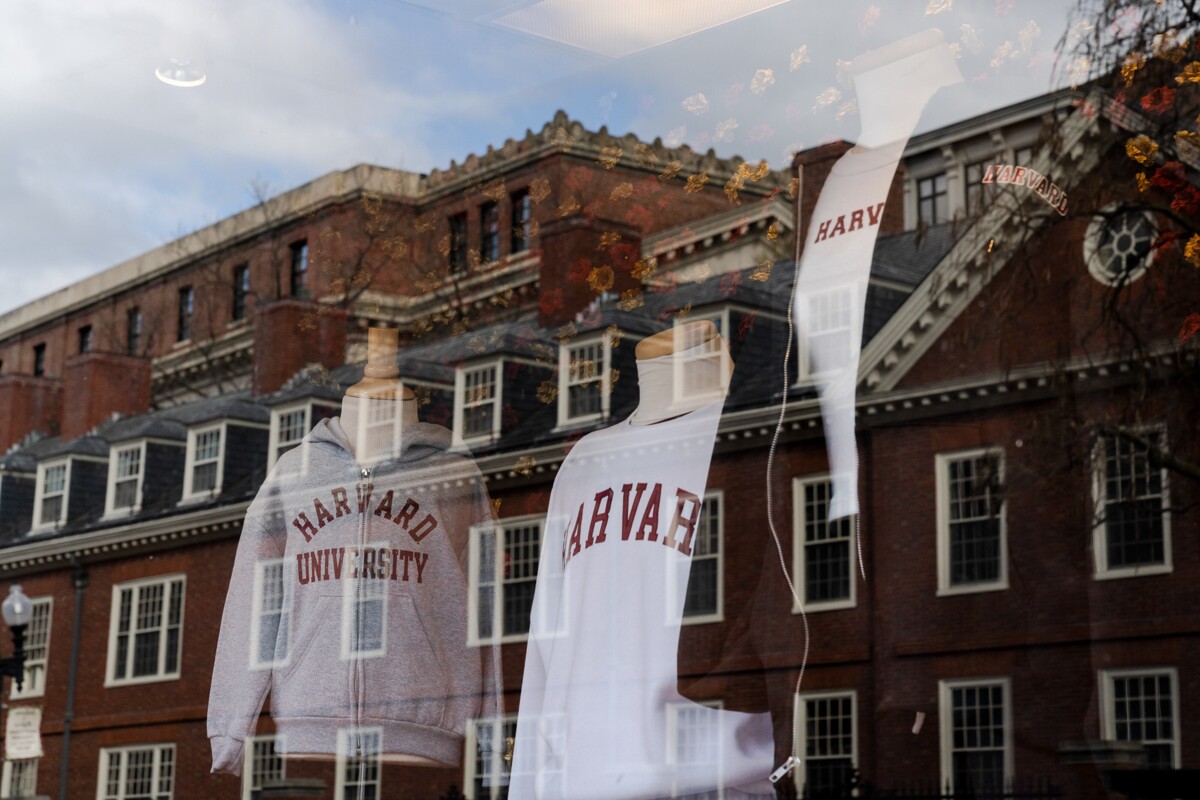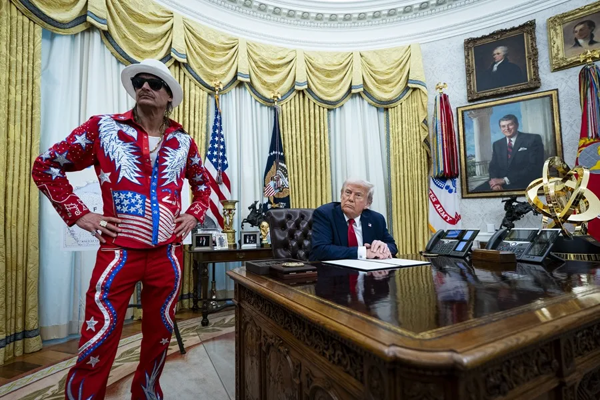
Harvard University has over 400,000 living alumni, of which 69,000 come from about 200 countries. Recently, the administration has decided to reopen investigations related to foreign donations and contracts to universities that began during Trump's first term.
For decades, Congress has required universities receiving federal financial aid to disclose foreign donations, contracts, or restricted agreements that exceed $250,000 annually. A bill passed by the House of Representatives seeks to reduce that threshold to $50,000.
In this context, Harvard has received a letter detailing a series of records that must be submitted within 30 days. This includes identifying the parties involved in foreign donations and providing a list of researchers, academics, students, and professors who have affiliations with foreign governments since 2010.
The Trump administration, through a task force on antisemitism, sent a letter to Harvard with demands regarding hiring, admissions, and curriculum, which led to a legal dispute between the university and the White House. The letter was sent by the acting general counsel of the Department of Health and Human Services, Sean Keveney.
The Department of Education has also requested information from Harvard, arguing that a review revealed "incomplete and inaccurate disclosures" in the institution's foreign reports. Harvard, for its part, has stated that it has complied with the law by reporting foreign donations and contracts that exceed $250,000 annually. In a statement, the university emphasized the importance of alumni and donor support in maintaining its excellence in research and teaching.














